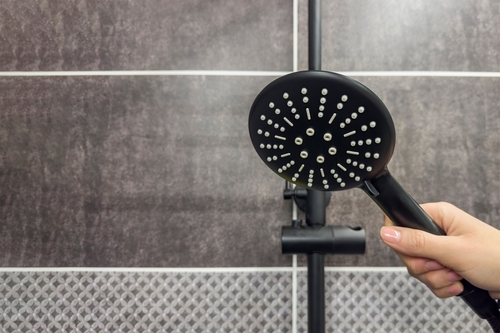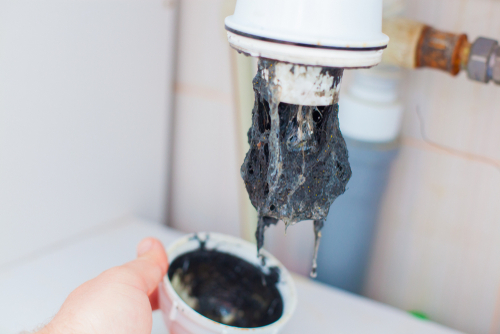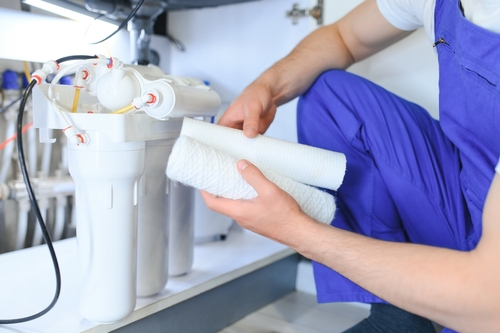
Troubleshooting a Gurgling Toilet (A Comprehensive Guide)
September 13, 2023
Health Hazards of Poor Plumbing and How to Avoid Them
November 23, 2023Signs of a Failing Sewage System in Your Home Bathroom
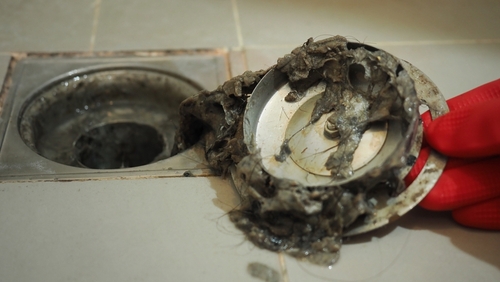
Signs of a Failing Sewage System in Your Home Bathroom
Signs of a Failing Sewage System in Your Home Bathroom. The sewage system is a cornerstone of a well-functioning home.
Its importance cannot be understated, not just for effective waste management but also for safeguarding the overall health of the family.
A compromised system can lead to many problems, including structural damage and significant health issues.
Therefore, understanding the signs of a failing sewage system is not just recommended; it is essential.
The Importance of Timely Diagnosis
Preventing More Serious Issues and Costly Repairs
Ignoring early signs can escalate into more significant issues that are significantly more expensive to repair.
For instance, a minor clog left untreated could lead to a significant blockage, requiring extensive plumbing work, and in the worst-case scenario, lead to flooding inside the home.
Importance of Regular Inspections
Proactively scheduling regular inspections by a certified sewage system professional is not only a smart choice but also an economic one in the long run.
These inspections can catch potential issues before they become major problems, saving you from major headaches and financial stress.
Risk of Neglect
A failing sewage system can contaminate water, becoming a breeding ground for bacteria and other pathogens.
This can result in various health issues, from gastrointestinal problems to severe skin infections.
Moreover, leaks can cause structural damage to your home, including rotting woodwork and corroded pipes, requiring substantial financial outlay for repairs.
Early Indicators: What to Look For

Unpleasant Odors
One of the earliest and most obvious indicators is a foul smell emanating from your drains, toilet, or even your bathroom floor.
This is often due to a blockage in your sewage lines, which causes waste material to stagnate and produce unpleasant odors.
Foul odors are typically detected first around drains, toilets, and sinks. However, in severe cases, the smell could permeate other home areas, signaling an immediate need for inspection and repair.
Slow Drainage
A noticeable slowing down of water drainage in sinks, bathtubs, or toilets is another key indicator. You might observe water taking longer than usual to drain out or even observe an unnatural whirlpool formation as it drains.
Slow drainage is often a sign of a developing blockage in your sewage system. Left untreated, this could lead to more severe issues like complete blockages and, eventually, a sewage backup.
Gurgling Sounds
Hearing gurgling noises or other unusual sounds emanating from your drains or pipes often indicates trapped air, which is a common symptom of a clog or obstruction in the sewage line.
These sounds are an early warning sign that there is a serious problem with your sewage system.
Immediate attention is often required to prevent the escalation of this issue into something far more damaging and costly.
Water Backups or Flooding
Water backups typically happen in lower fixtures first, like sinks and bathtubs. Toilets are also particularly susceptible, especially after flushing.
Water backups or flooding are severe issues that demand immediate attention. Failure to act quickly can result in extensive property damage. The first step is to turn off the main water supply and call a sewage system professional.
Mold and Mildew
Mold is often found in damp corners of the bathroom, behind tiles, and around leaking pipes.
Mold and mildew require a constant source of moisture to grow. If you notice them in areas they shouldn’t normally be, this could indicate a hidden leak in your sewage system.
Physical Indicators Outside the Bathroom
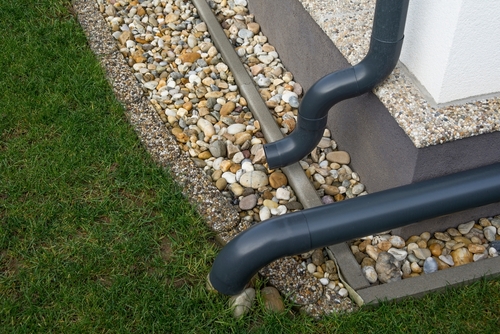
Soggy or Unusually Green Patches in the Yard
If you observe soggy patches in your yard or areas where the grass appears unusually green, it is likely due to a sewage leak enriching the soil.
Presence of Rodents and Insects
An increase in rodents and insects, especially around your sewage pipes, could indicate a leak or failure. These pests are attracted to the waste materials in sewage.
Pooling of Water Around Sewage Lines
Visible pools of water around the area where your main sewage line exits your home should be a cause for immediate concern.
Health Indicators: Symptoms to Watch For
Unexplained Allergic Reactions or Respiratory Issues
Health symptoms like allergies or respiratory problems could be linked to mold exposure caused by a hidden sewage leak.
Skin Irritations and Infections
Direct or indirect contact with sewage-contaminated water can result in various skin ailments, ranging from minor irritations to serious infections.
Gastrointestinal Symptoms
Stomach upset, nausea or even more severe gastrointestinal issues could arise from exposure to contaminated water or food, likely due to a failing sewage system.
Immediate Steps to Take
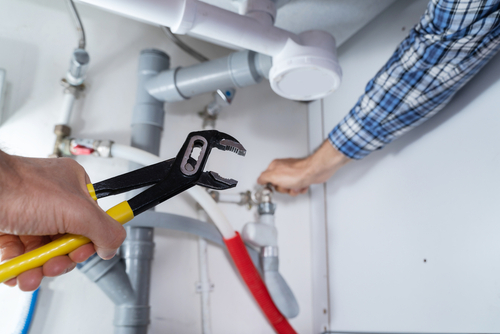
Turning off the Water Supply If Flooding Occurs
Immediate action is required in the event of flooding. The first step is to turn off the main water supply to prevent further flooding, followed by close consultation with a sewage system professional.
Use of Chemical Treatments
Using chemical treatments to resolve sewage issues is generally not advisable as it can often exacerbate the problem by eroding the pipes, leading to more severe leaks and blockages.
When to Call in Professionals
Minor issues like a clogged sink may be handled with a plunger, but anything beyond that requires professional intervention. If you observe multiple symptoms or signs as outlined in this guide, consult a professional immediately.
Choosing a Sewage System Professional
Selecting a qualified professional is crucial. Verify they have the requisite licenses, ample experience, and positive customer reviews. You can also ask for recommendations from friends and family to find a trustworthy service provider.
Before engaging the services of a professional, please inquire about the services they provide, the technologies they employ for diagnosis and repair, and get an estimate of the costs involved.
Preventive Measures for the Future
Routine Inspections
Regularly inspecting your sewage system will help you identify potential issues before they escalate. This should ideally be done every two years.
Drainage Maintenance Tips
Practicing good drainage habits, like not pouring grease or large chunks of food down your sink can go a long way in preventing clogs and blockages.
Importance of Prompt Attention to Minor Issues
Even minor issues like a slow-draining sink should not be ignored as they can indicate more significant underlying problems.
Signs of a Failing Sewage System in Your Home Bathroom – Conclusion
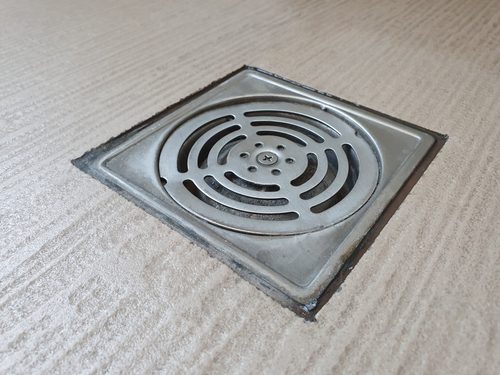
The sewage system is a vital part of any home, and recognizing the signs of failure can save you from dire consequences.
Through regular inspections, immediate action when symptoms appear, and hiring qualified professionals, you can ensure the longevity and effectiveness of your home’s sewage system.
Are you seeking for professional and reliable plumbing services in Singapore? Contact us today!

